India’s digital asset industry is lobbying for cuts to taxes that have driven crypto trading offshore, in a bid to take advantage of a perceived softening of approach toward the industry from New Delhi, according to a report by the Financial Times (FT).
Executives at digital asset exchanges reportedly told the FT that Prime Minister Narendra Modi’s government had become more receptive and engaged with them following the return to office of United States President Donald Trump and his unprecedented embracing of digital assets.
“Thanks to Trump, the positive momentum that has happened in crypto has impacted India as well,” said Ashish Singhal, co-founder of CoinSwitch, one of India’s largest digital asset exchanges, according to the report.
Singhal also noted that industry meetings with policymakers now take place “monthly, if not weekly,” up from little more than once every six months until recently. He said that in these increased meetings, the industry’s “big ask” was a reduction in “very harshly” imposed taxes.
Specifically, in India, digital asset transactions are currently subject to a 30% capital gains tax and a 1% levy on every transaction, introduced in 2022 to help authorities combat the illicit use of digital assets for criminal purposes.
According to a study by the New Delhi-based think tank Esya Centre, the imposition of these taxes caused virtual digital asset (VDA) exchanges to lose 81% of their trading volume in four months.
Further, the study found that “the total VDA assets held by Indians in VDA exchanges globally amount to USD 13.38 billion, of which only 9.02 percent are held on compliant domestic platforms.”
The implication is that the taxes effectively pushed more than 90% of digital asset trading by Indians offshore.
In addition to the “harsh” taxes, the Reserve Bank of India (RBI)—the country’s central bank—has been a vocal digital asset critic to the extent that it banned banks from providing services to digital asset companies in 2018—a measure that was reversed by the Supreme Court in 2020—and in 2023 sought a complete ban on digital assets in India.
However, in another indication of a changing approach, the RBI’s new governor, Sanjay Malhotra, has avoided direct criticism of the sector, instead saying it is awaiting the government’s industry paper.
Singhal from CoinSwitch told the FT that the relationship with the RBI “has gone from negative to neutral. I will still not quite call it positive yet,” adding that “we are still maybe a couple of years away from proper regulation… which could help the industry gain further steam.”
In February, Economic Affairs Secretary Ajay Seth stated that the government was reviewing its discussion paper on digital assets, originally set for release in September 2024, to reflect changing international regulations.
“More than one or two jurisdictions have changed their stance towards cryptocurrency in terms of the usage, their acceptance, where do they see the importance of crypto assets. In that stride, we are having a look at the discussion paper once again,” Seth said in an interview.
Watch: ‘Disruptive’ blockchain can be useful for India

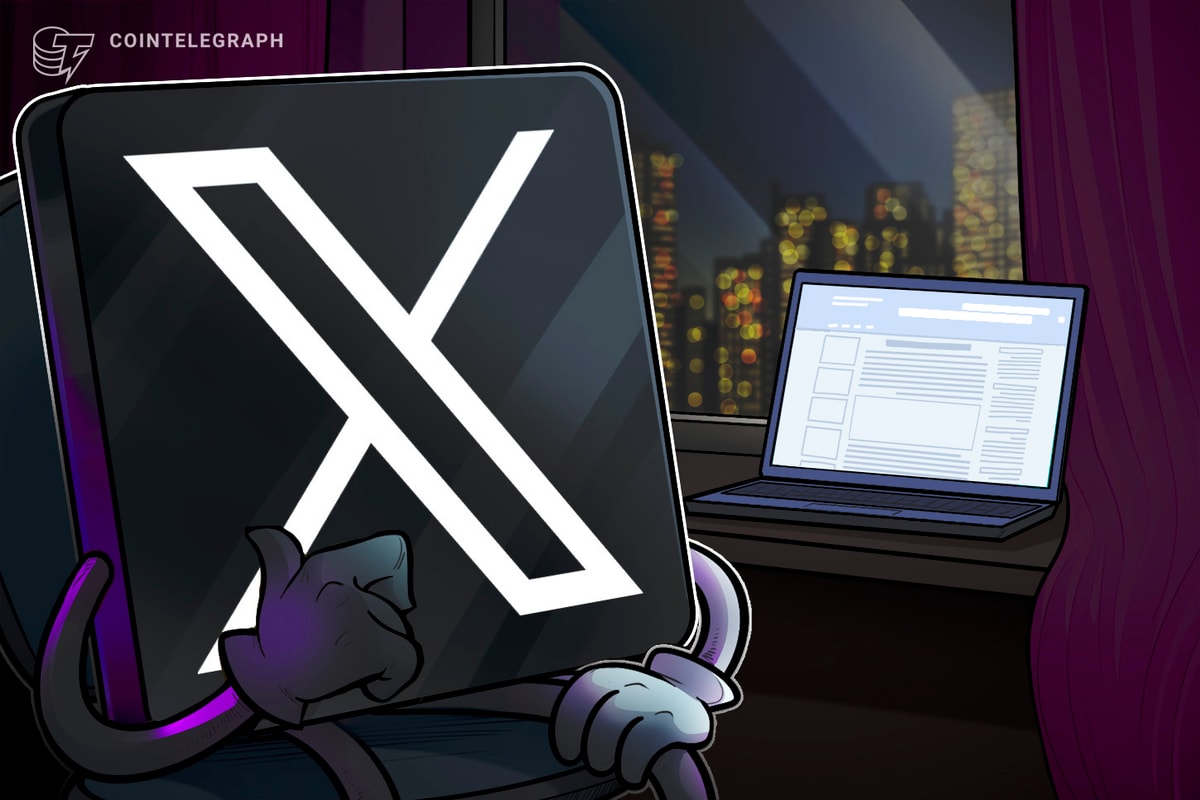

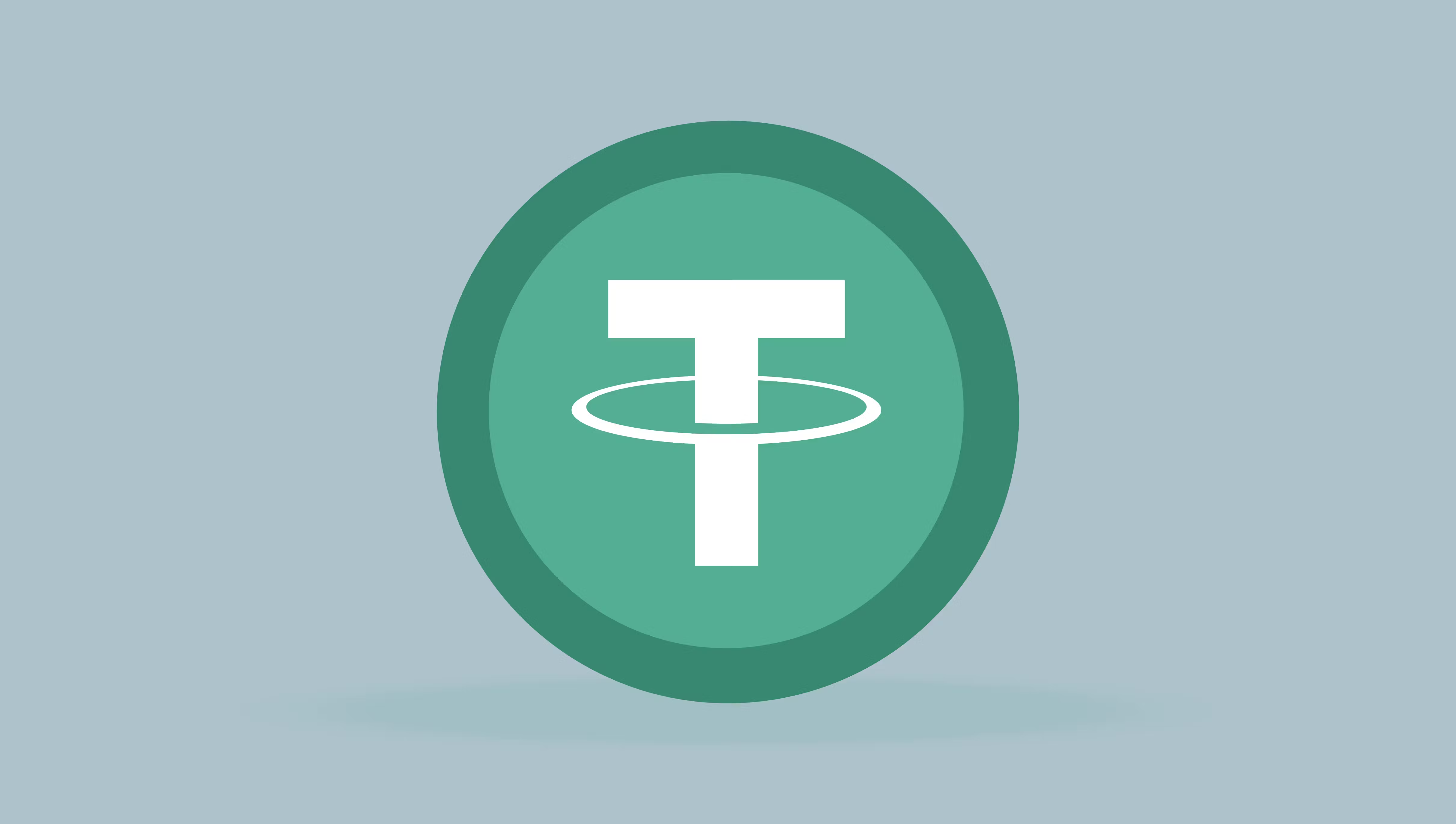
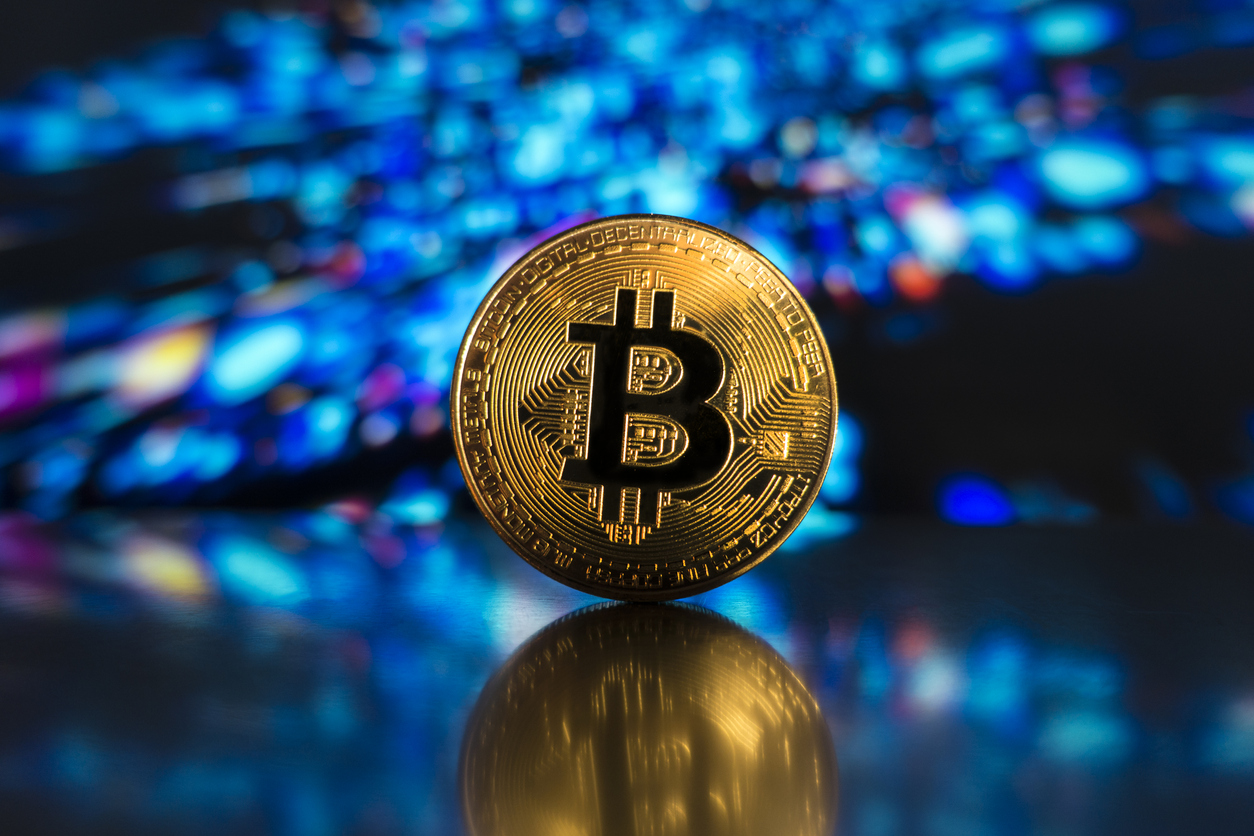

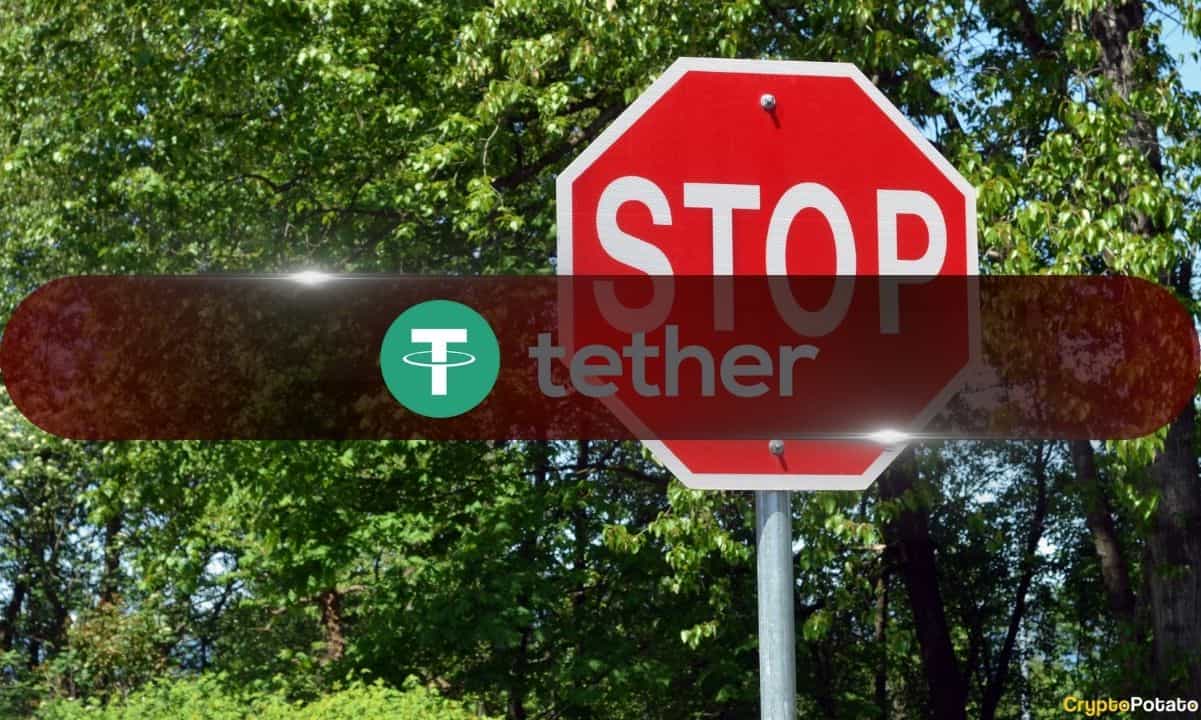









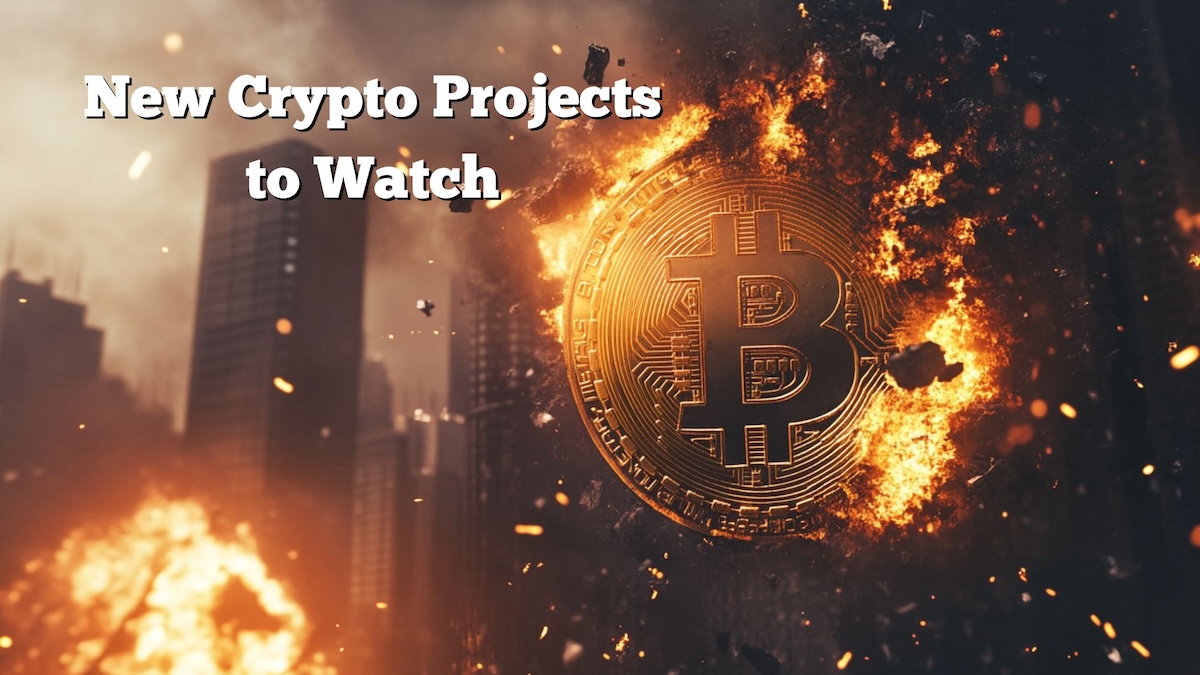
 English (US) ·
English (US) ·